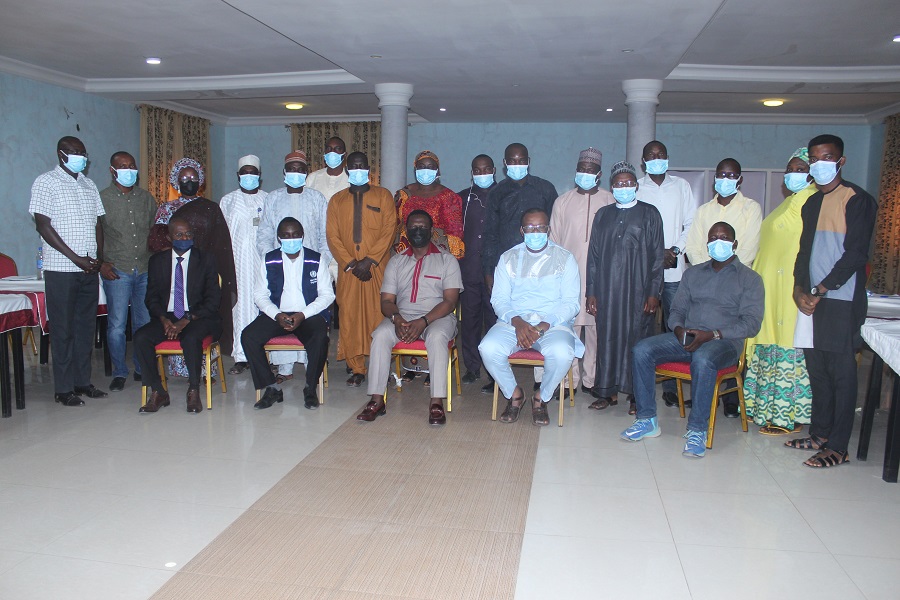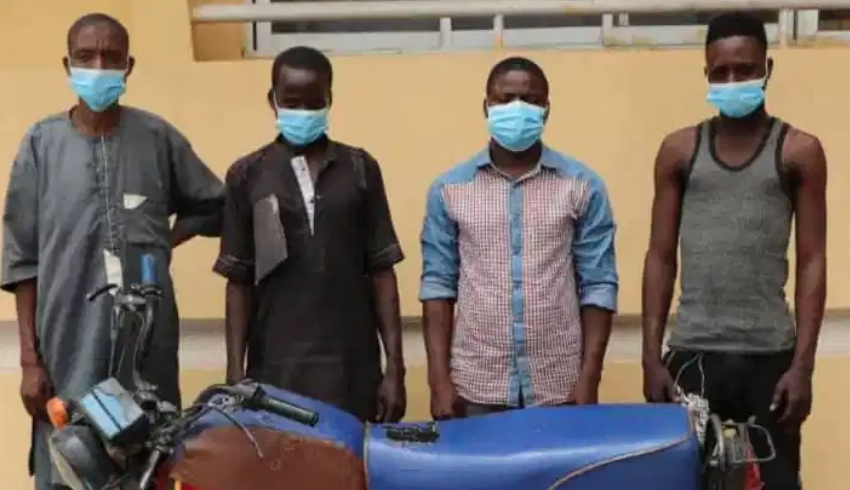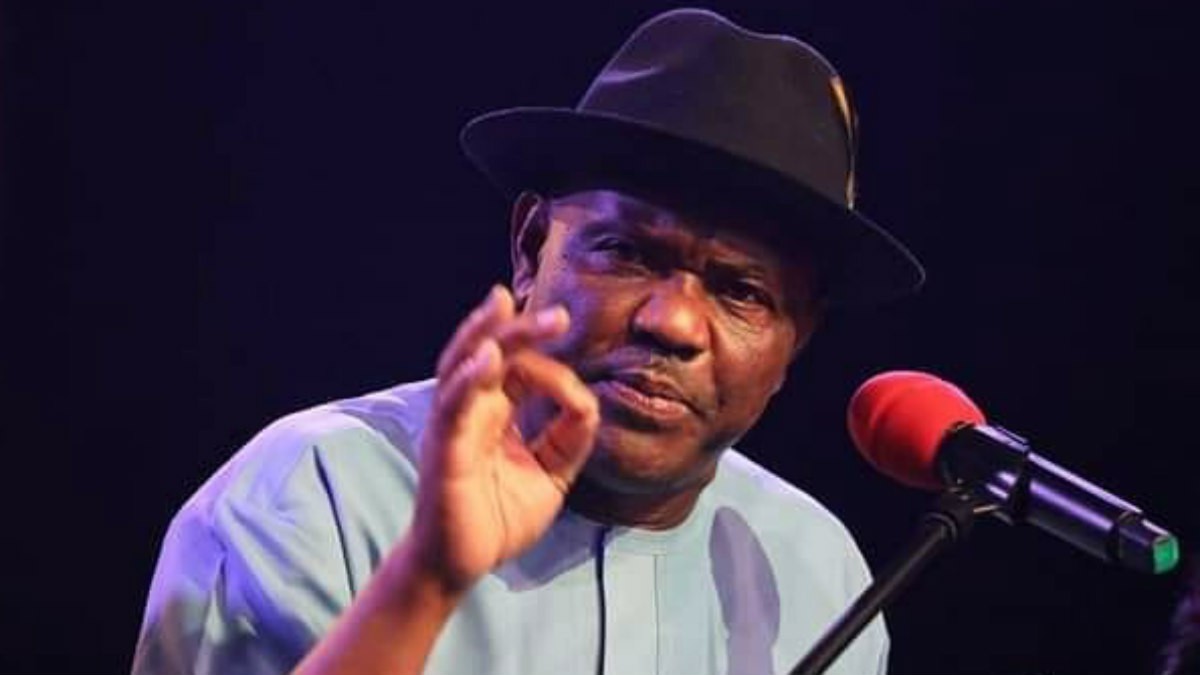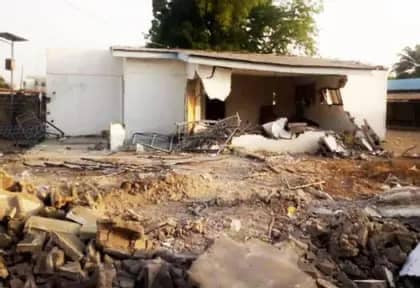The World Health Organisation (WHO) on Monday concluded its four-day capacity building programme on health reporting during emergencies as part of ongoing efforts to “save lives”.
The sessions, which took place at the Homtel Hotel in Yola, the Adamawa State capital, were facilitated on behalf of the WHO by experts in media and medical fields, including Marcel Mbamalu, former News Editor of The Guardian; Onjefu Okidu, Kwara State-based university don; and Bashir Abdullahi, a consultant in Yola.
The training, which had 40 senior journalists reporting from the northeast in attendance, dwelt on more effective ways of reporting COVID-19 and immunisation issues to elicit compliance.
The sessions also focused on dispelling negative perceptions and controversies as well as providing enlightenment on the AstraZeneca vaccine and its benefits for the people of the region and Nigerians in general.
Advertisement
The training, which started on Friday March 26, 2021 ended late Monday evening amid strict compliance with stipulated COVID-19 preventive measures.
A WHO official said one of the objectives of the meeting was to acquaint journalists with all the necessary information regarding COVID-19 and the AstraZeneca vaccine to enhance acceptance and forestall negative stories.
He added that the idea was to see how journalists would be able to understand health perspectives and properly inform the public on preventive measures like social distancing, wearing of face masks, use of alcohol-based hand sanitisers and frequent washing of hands with soap under running water.
Advertisement
According to him, journalists are expected to positively change their style of reporting to ensure maximum turnout for vaccination and acceptance of the vaccine.
He said the media should “be in the forefront of the campaign to save lives” by reporting accurately and in an informed manner.
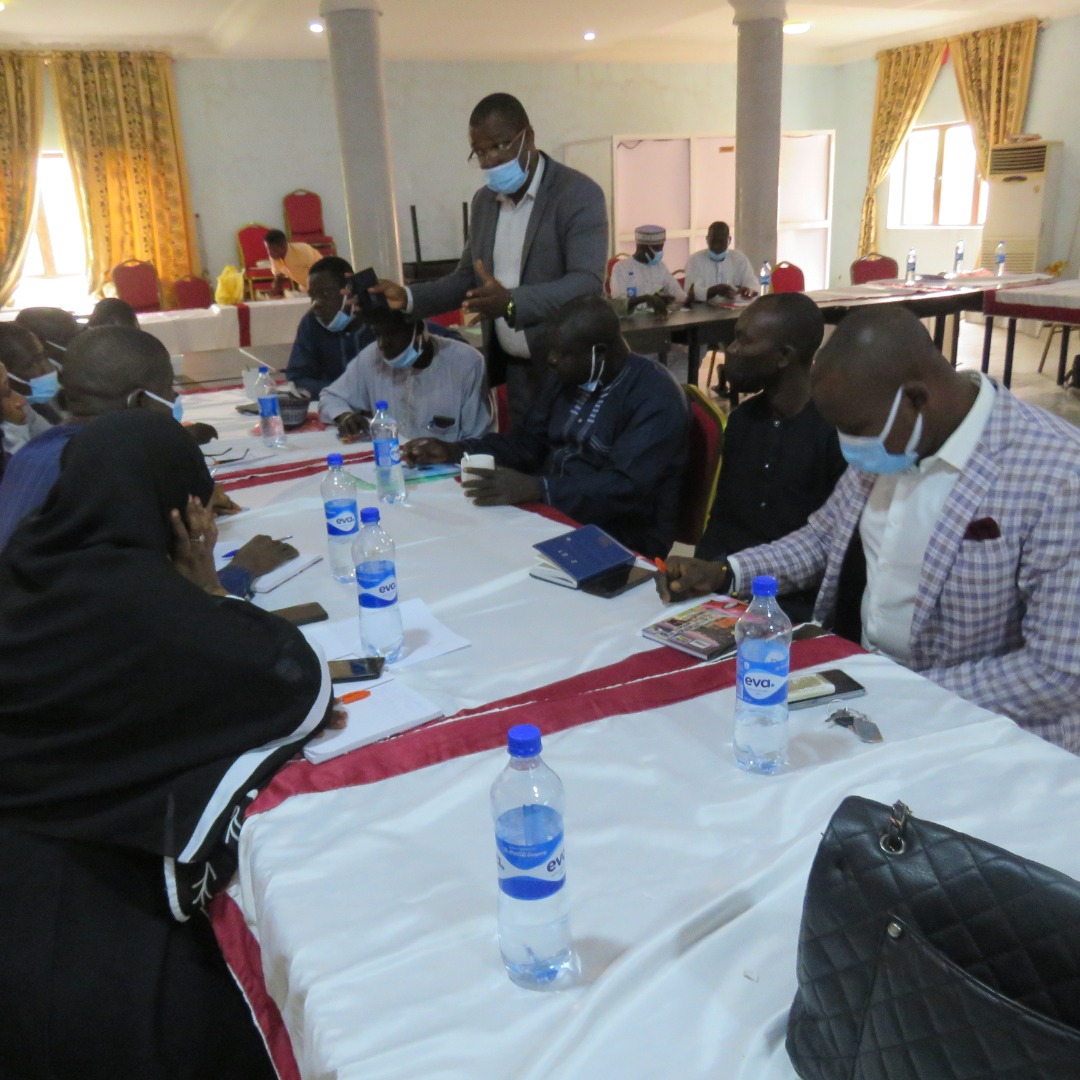
Mbamalu took the participants through the rudiments of “reporting to impact behaviors for positive change,” and led marathon sessions involving newspaper, television and radio journalists who shared practical experiences on reporting COVID-19 and health emergencies.
The development communications consultant harped on key items on impactful multimedia and tech-driven journalism practice.
Advertisement
He gave useful cross-platform tips on how journalists could cultivate news sources and effectively report to the delight of their editors and audiences during public health emergencies.
Okidu spoke on redefining the role of Mass Media during COVID-19 pandemic, while Abdullahi Saleh Bashir of the Modibbo Adama University, Yola, lectured on strategies for reporting vaccine hesitancy and rejection in the region.
Jerry Shitta, a health expert, spoke on the COVID-19 in Nigeria and daily trend of COVID-19 cases as of 28th March, 2021.
Mohammed Abubakar, one of the trainees, thanked the WHO for the training, adding that it will enhance his performance on the job.
Advertisement
“We thank WHO for updating us with the latest trends on COVID-19 and efforts to curb the pandemic. We are updated and our capacity has been built by these seasoned facilitators,” he said.
“This will go a long way in enhancing our performance in discharging our social responsibility of informing, enlightening, and educating the public on COVID-19 issues.”
Advertisement
Add a comment
